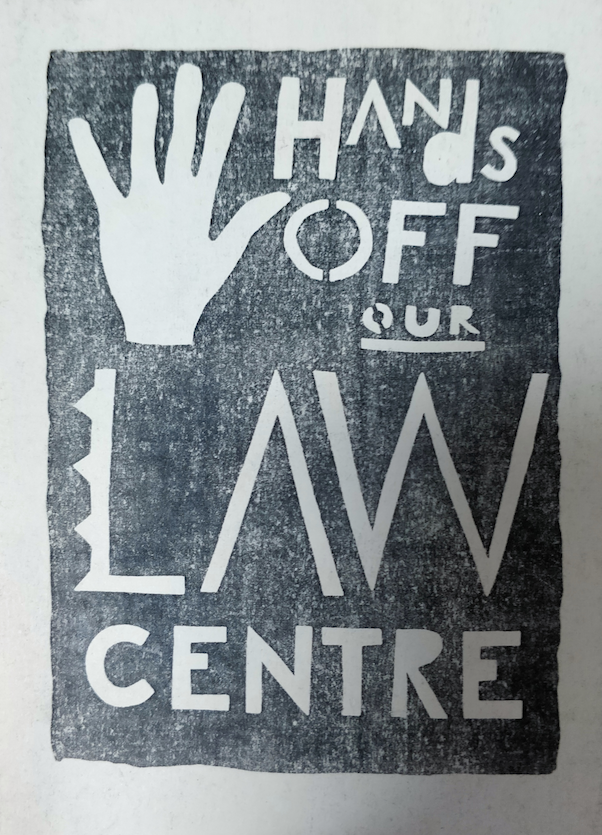Vulnerable people were being ‘locked out’ of the justice system because of a ‘working culture’ at the Ministry of Justice unfairly declining legal aid, according to a watchdog. An investigation by the Parliamentary and Health Service Ombudsman (PHSO) yesterday found the Legal Aid Agency (LAA) had ‘unreasonably delayed’ decisions about funding the legal action of clients of a law centre.
 The Law Centre had been representing three clients, all EU citizens who had been homeless and sleeping rough, that the Home Office had decided to deport. The Law Centre complained that the LAA’s decisions to award funding were unnecessarily delayed and that the agency had refused to backdate its cover exposing the agency to financial risk leaving it out of pocket by £50,000. The law centre had challenged the lawfulness of the decision arguing the Home Office policy was unlawful and was being used to systematically identify and deport EU citizens.
The Law Centre had been representing three clients, all EU citizens who had been homeless and sleeping rough, that the Home Office had decided to deport. The Law Centre complained that the LAA’s decisions to award funding were unnecessarily delayed and that the agency had refused to backdate its cover exposing the agency to financial risk leaving it out of pocket by £50,000. The law centre had challenged the lawfulness of the decision arguing the Home Office policy was unlawful and was being used to systematically identify and deport EU citizens.
- The latest issue of Proof magazine celebrates 50 years of law centres – but here
The LAA, which has long been accused by lawyers of ‘a culture of refusal’ (see here), decided against awarding public funding to two of the EU citizens. Both decisions were later overturned and it took six weeks for the third client to award the third legal aid.
The PHSO found that the LAA procedures were ‘unfair’ and that its failure to address the issues amounted to ‘maladministration’. ‘This is not an isolated incident: many law centres and other legal aid providers face delayed decisions by LAA,’ commented Julie Bishop, director of the Law Centres Network. ‘In our experience, these problems stem from a working culture within the LAA, and have nothing to do with protecting the public purse. In effect, it restricts access to legal aid, making it harder for lawyers to launch legal action with confidence and for people to resolve their legal problems. The result is that it piles pressure on legal aid providers. All this runs against the very purpose of the Legal Aid Agency. We call on them to fix it now.’
Ombudsman Rob Behrens said that access to justice was ‘a fundamental right’. ‘Whatever their circumstances, individuals must be able to hold public bodies to account, challenge unfair processes, and defend their human rights through the justice system,’ he said. ‘In this case, service failings essentially resulted in one government body blocking individuals from challenging the decisions of another. This sets a dangerous precedent and shows how vulnerable citizens’ rights can be when faced with ineffective and discriminatory government policies.’
Support the Justice Gap, but Proof – new issue out now







